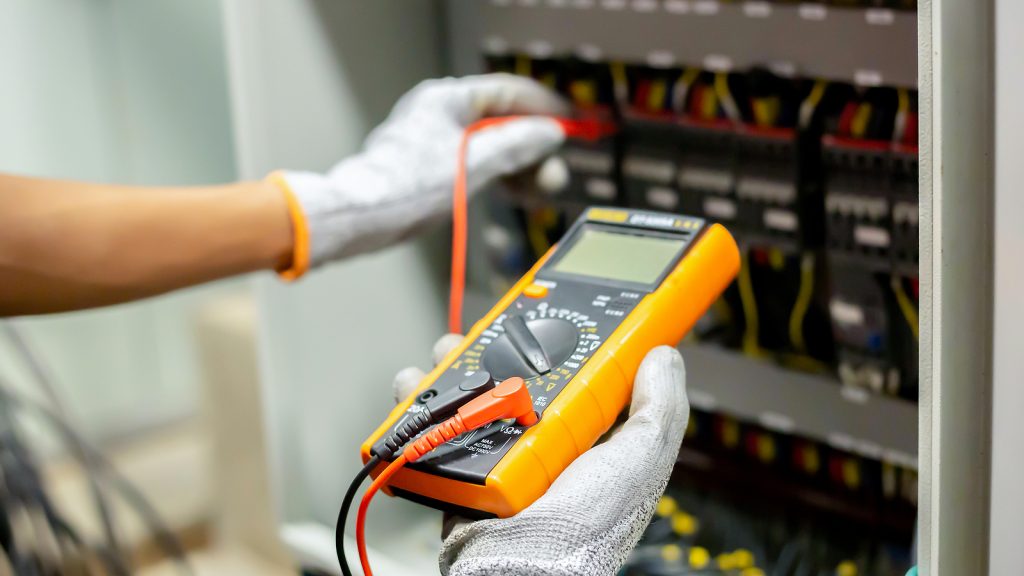In any construction or renovation project, electrical equipment stands as the vital nervous system, powering every aspect of functionality within a structure. Whether it’s a commercial building, industrial facility, or residential development, the selection of electrical equipment can significantly impact the project’s success, safety, and efficiency.
From lighting fixtures to power distribution systems, making informed decisions is paramount. That’s why choosing the best quality equipment is important. As for beginners, some training programs, like Infinispark, offer a training kit that can enhance your skills.
In this comprehensive guide, we’ll delve into the intricate process of choosing the right electrical equipment package for your project.
Understanding Your Project Requirements
Before embarking on the selection process, it’s crucial to gain a comprehensive understanding of your project’s requirements. Factors such as building size, occupancy type, power demands, and regulatory standards must be thoroughly assessed. Consideration should also be given to future expansion plans and technological advancements to ensure the chosen equipment can accommodate potential changes.
Quality and Reliability
When it comes to electrical equipment, quality and reliability are non-negotiable. Opting for reputable brands and suppliers with a proven track record can mitigate the risk of equipment failure, downtime, and safety hazards. Conduct thorough research, read customer reviews, and seek recommendations from industry professionals to identify trustworthy manufacturers.
Energy Efficiency
In an era of increasing environmental awareness and escalating energy costs, prioritizing energy-efficient electrical equipment is paramount. Look for products with high Energy Star ratings, LED lighting fixtures, and intelligent control systems that optimize energy consumption without compromising performance. Investing in energy-efficient equipment not only reduces operational expenses but also minimizes carbon footprint, contributing to sustainability goals.
Scalability and Flexibility
As projects evolve and requirements change, flexibility and scalability become indispensable attributes of electrical equipment. Opt for modular components and systems that can be easily expanded, upgraded, or reconfigured as needed. This ensures future-proofing your infrastructure and eliminates the need for costly replacements or retrofits down the line.
Compliance and Safety Standards
Adherence to regulatory codes and safety standards is non-negotiable in the realm of electrical engineering. Ensure that all selected equipment complies with local building codes, industry regulations, and safety certifications such as UL, CSA, or CE. Failure to meet these standards not only poses significant legal liabilities but also jeopardizes occupant safety and property integrity.
Total Cost of Ownership (TCO)
While upfront costs are undoubtedly a consideration, evaluating the total cost of ownership (TCO) is essential for making informed decisions. Factor in maintenance expenses, lifecycle costs, energy consumption, and potential downtime when assessing the long-term affordability of electrical equipment. Sometimes, investing in higher-quality, energy-efficient equipment may entail higher initial costs but can yield substantial savings over the equipment’s lifespan.
Compatibility and Integration
In today’s interconnected world, seamless integration and compatibility between different electrical components and systems are paramount. Ensure that the selected equipment is compatible with existing infrastructure, automation systems, and building management platforms. This facilitates streamlined operation, monitoring, and maintenance, enhancing overall efficiency and productivity.
Technical Support and Warranty
Even the most reliable electrical equipment may encounter issues or require maintenance over time. Prioritize suppliers that offer comprehensive technical support, training, and warranty coverage. Prompt access to replacement parts, troubleshooting assistance, and knowledgeable support staff can mitigate downtime and ensure swift resolution of any issues that may arise.
Environmental Considerations
Beyond energy efficiency, consider the environmental impact of the chosen electrical equipment. Look for products manufactured using sustainable materials, with minimal packaging waste, and a commitment to responsible disposal practices. Additionally, explore opportunities for incorporating renewable energy sources such as solar panels or wind turbines to further reduce environmental footprint and reliance on fossil fuels.
The Bottom Line
Selecting the right electrical equipment package for your project requires careful consideration of various factors ranging from project requirements and quality standards to energy efficiency and environmental considerations. By prioritizing reliability, scalability, compliance, and total cost of ownership, you can ensure the seamless integration and optimal performance of electrical systems, laying the foundation for a successful and sustainable project.


